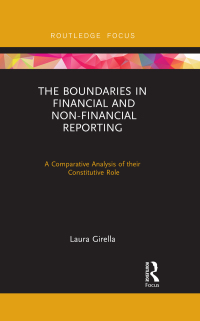Question
On January 2, 2018, Company P acquired all of the outstanding voting stock of Company S in exchange for $6,000 in stock. Company P elected
On January 2, 2018, Company P acquired all of the outstanding voting stock of Company S in exchange for $6,000 in stock. Company P elected to exercise control over Company S as a wholly-owned subsidiary with an independent accounting system. Both companies have December 31 year ends. At the acquisition date, Company S has a stockholder's equity of $2,500, which includes Retained Earnings of $1,700. Company P pursued the acquisition, in part, to utilize Company S technology and computer software. These items had fair values that differed from their values on Company S books as follows:
| asset | book value | fair value | remaining useful life |
| patented technol. | 140 | 2240 | 7 yr |
| computer software | 60 | 1260 | 12 yr |
At December 31 2020, Company S owes Company P $30. Company S remaining identifiable assets and liabilities had acquisiiton-date book values that closely approximated fair values. Since acquisition, no assets have been impaired. During the next three years, Company S reported the following income and dividends:
| yr | net income | dividend |
| 2018 | 900 | 150 |
| 2019 | 940 | 150 |
| 2020 | 975 | 150 |
| Prepare the analysis as of acquisition date including unamortized differential at 1/1/18 and through 2020. |
Show work.
Step by Step Solution
There are 3 Steps involved in it
Step: 1

Get Instant Access to Expert-Tailored Solutions
See step-by-step solutions with expert insights and AI powered tools for academic success
Step: 2

Step: 3

Ace Your Homework with AI
Get the answers you need in no time with our AI-driven, step-by-step assistance
Get Started


